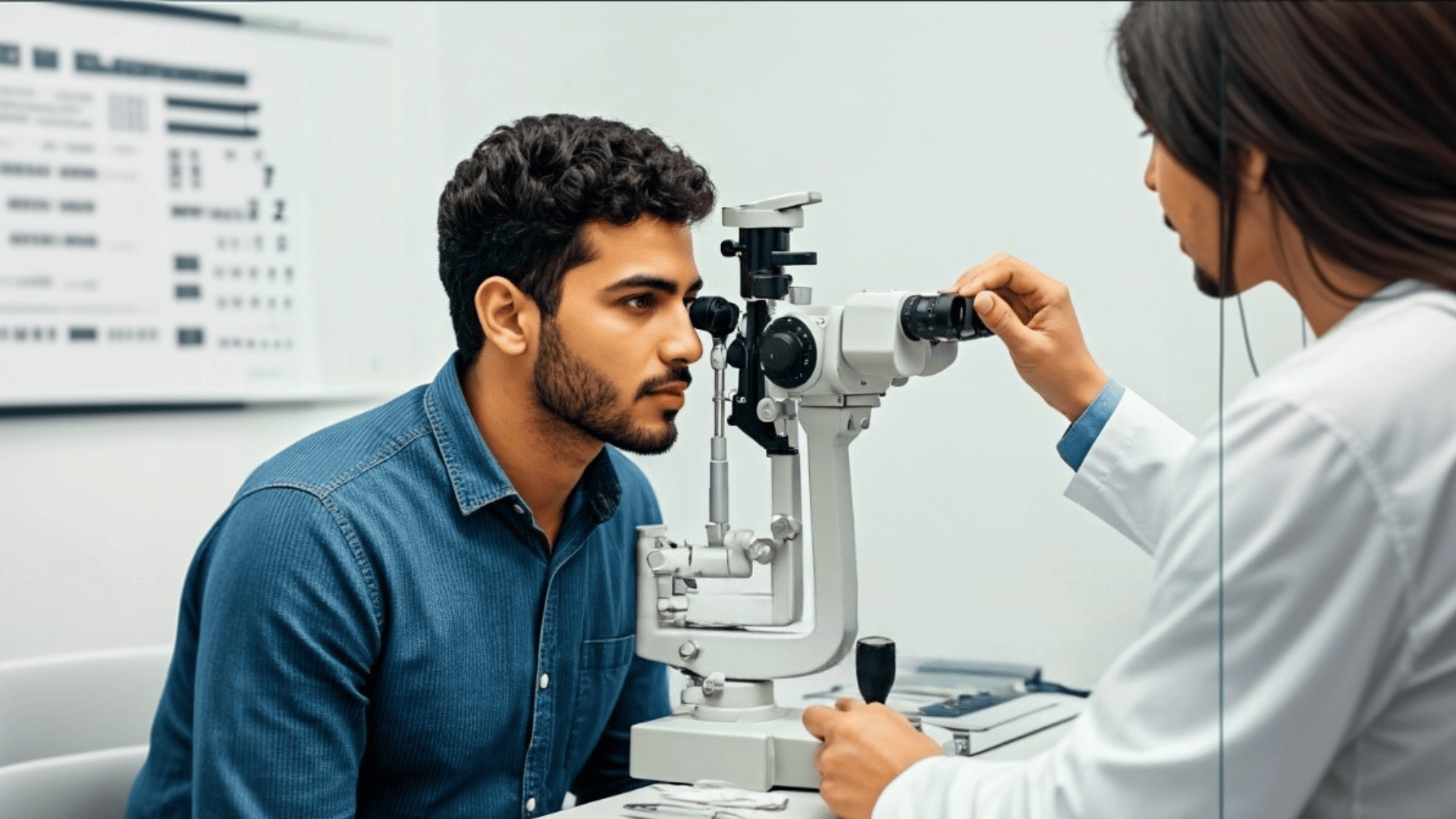
One of the most effective techniques for reducing eye strain is the 20-20-20 rule, a straightforward practice backed by research. The concept is simple: every 20 minutes, shift your focus to an object at least 20 feet away for 20 seconds. This brief break relaxes the eye muscles, alleviating strain from prolonged screen use. It’s a practical habit that can be easily incorporated into daily routines, whether at work or during leisure activities.
Diet also plays a crucial role in maintaining eye health. Nutrient-rich foods, particularly those high in omega-3 fatty acids and antioxidants, support the eyes and reduce the risk of conditions like dry eyes and macular degeneration. Fatty fish such as salmon and leafy greens like spinach are excellent choices for promoting eye health. Adding supplements such as iGenics, which contain essential vitamins and minerals for eye support, can further enhance vision comfort, especially for individuals with high screen time.
Simple lifestyle adjustments can also make a significant impact. Regular eye exercises, such as slowly rolling the eyes in different directions, improve muscle flexibility and reduce strain. While it may seem unconventional, these exercises can provide relief, particularly for individuals who spend long hours focusing on screens or close-up tasks. Equally important is optimizing the lighting in work and living spaces. Proper lighting reduces glare and prevents the eyes from overworking, a common issue in poorly lit environments. Staying hydrated is another essential yet often overlooked factor. Adequate water intake helps maintain the eyes' moisture levels, reducing dryness and irritation.
The most critical step in protecting eye health is scheduling regular eye exams. These check-ups are vital for detecting potential issues early and ensuring that corrective measures, such as glasses or contact lenses, are up-to-date. Delaying eye care can lead to avoidable discomfort and embarrassing moments, such as misidentifying objects due to poor vision.
Neglecting eye health often stems from the misconception that eyes can take care of themselves. However, our eyes work tirelessly every day, processing vast amounts of visual information. Without proper care, they can become overstrained, leading to long-term damage. Taking proactive steps like incorporating the 20-20-20 rule, eating a balanced diet, performing eye exercises, and staying hydrated can make a noticeable difference.
In summary, maintaining eye health is about consistent, small actions that add up over time. By addressing potential issues early and making lifestyle changes, you can protect your vision and ensure long-term comfort and clarity. Your eyes are invaluable—give them the care they deserve, and they’ll reward you with a lifetime of clear, reliable vision.